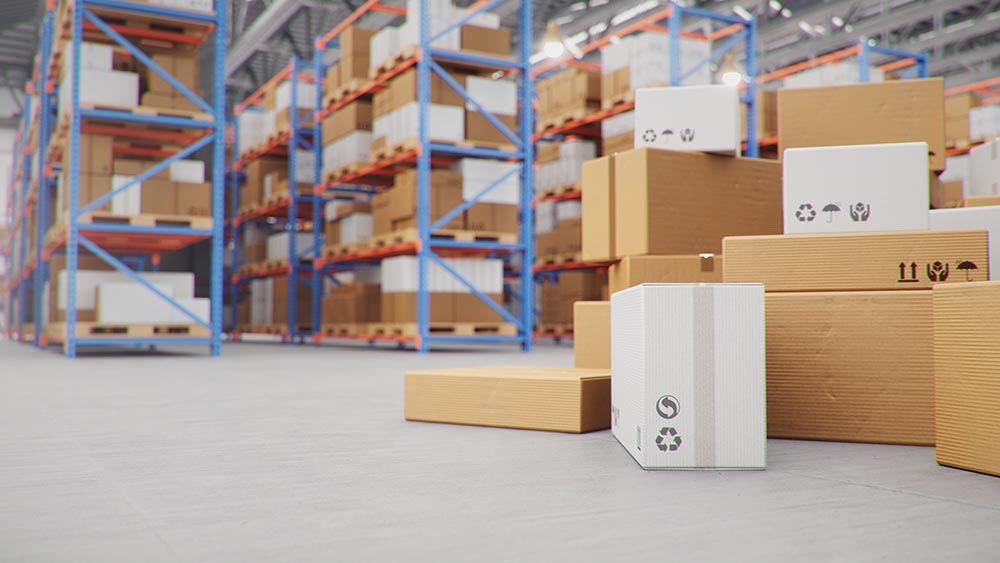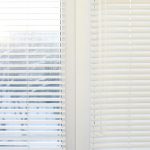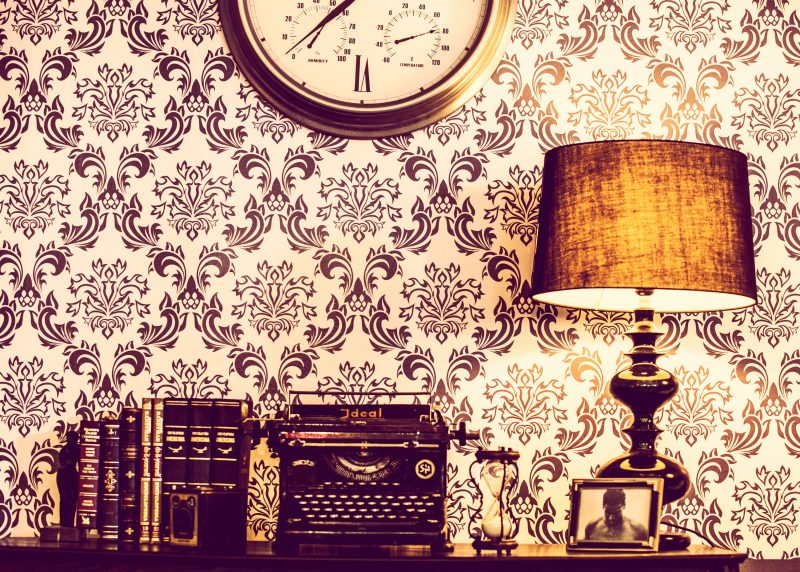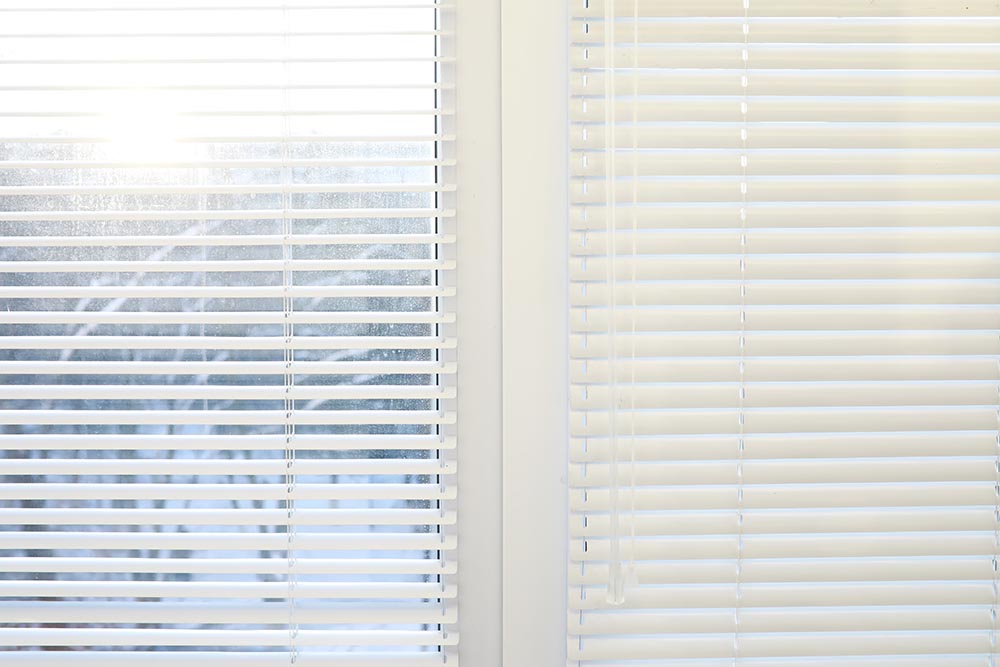The history of self-storage can be dated all the back to ancient China when the rich nobles were able to use large ceramic pots to store their valuables underground, with armed guards on round-the-clock duty. A little later, with the invention of the steam locomotive (trains), people were able to travel further afield and for longer periods of time – which led to a demand for the safe storage of their possessions in their absence. Fast forward to today, and the self-storage industry is gargantuan! In the US alone, by 2026, it is estimated that the storage industry will be worth over $64-billion dollars.
But is it really worth all the hype? How safe will your possessions be if left in storage for an extended period of time? Are your belongings really going to be safe? In this article, we’ll answer those questions and more, including what items cannot be put into self-storage facilities.
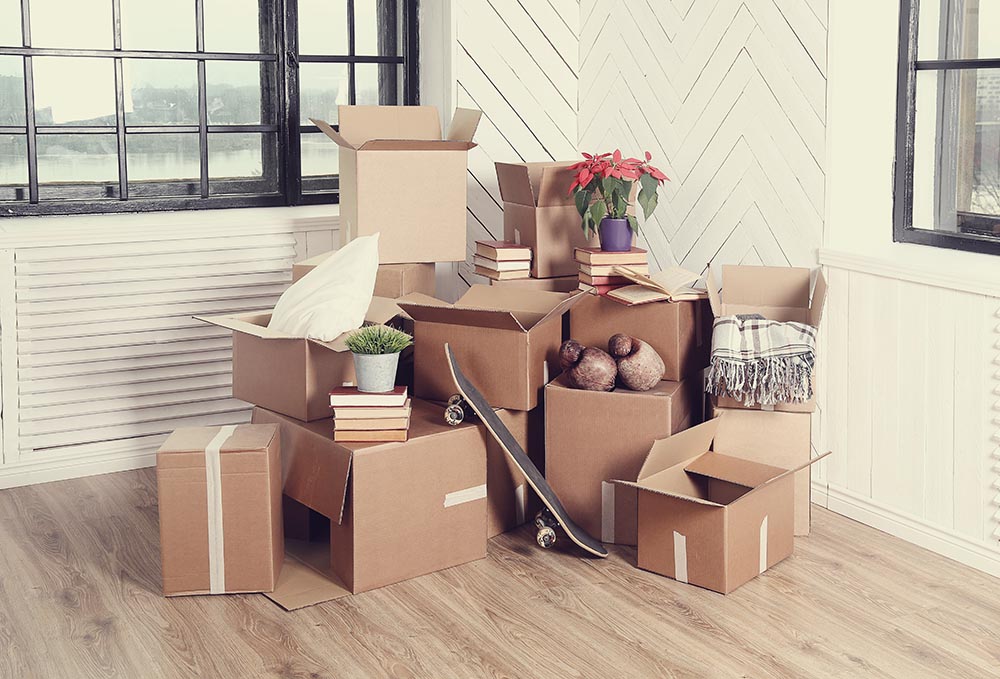
What Cannot be stored in self-storage?
So, what sort of items cannot be used in self-storage? Here’s a fairly comprehensive list of items to avoid (these may vary from country to country):
- Food: in particular perishable food. You cannot store anything that is likely to attract pests. As for canned foods, you may wish to consult with your storage facility management.
- Hazardous materials: anything toxic, flammable, or combustible cannot be kept in self-storage; for example, kerosene, gasoline, paint thinner, fertilisers, etc.
- Stolen goods: this goes without saying, but if you are found with stolen or illegal goods in your self-storage facility, you will be prosecuted.
- Weapons and ammunition: there are so many liability issues that come with storing weapons and ammunition, which is why they cannot be put into storage (even with a licence).
- Living creatures: people, pets, plants, etc., are all things that cannot be kept in self-storage. The very same applies to the dead (no remains).
- Wet items: if you want to store surfboards and kayaks, etc., they need to be sufficiently dried off before doing so.
- Priceless and irreplaceable items: to put it bluntly, if you cannot live without them, do not put them into storage. Certainly, you can store valuable and antique furniture at your discretion, but there is always a slight element of risk.
- Money: cash should always be stored in a bank – or on your own personal property.
- Furs: as furs need to be kept in very strict climate and light conditions, they cannot be safely stored in self-storage.
- Tyres: not only are tyres dangerously flammable, but they often end up left behind in storage facilities which are the two primary reasons for being banned.
- Unregistered vehicles: while many storage facilities are happy to store vehicles, they will not allow you to store anything that is unregistered or uninsured.
Will my stuff get ruined in storage?
Will your stuff get ruined in storage? It all depends. If you store your items correctly, as per the instruction of your storage facility, then you should be OK. However, if you do not properly package and wrap certain items, there is always a chance that items can get ruined. The same applies to theft – while self-storage facilities are typically very secure, there is always an element of risk with putting your belongings elsewhere.
The golden rule is: if you cannot afford for it to be damaged or lost, keep it safe at home. Otherwise, there is a very slim chance that your property will be damaged or stolen so you are good to go.
If you want more information on how to properly store your belongings, find a reputable company like Keep It Self Storage and seek further assistance.
How do I protect my belongings in storage?
The best way to protect your belongings in storage is to invest in a high-quality lock. Very few storage facilities will provide you with your own lock, so it falls to you to buy a padlock that is tamper-proof and highly secure.
Another way to protect your belongings in storage is to keep everything confidential. If you go around telling every man and his dog that you have XYC holed up in this particular storage unit, then you are putting yourself at risk of losing everything.
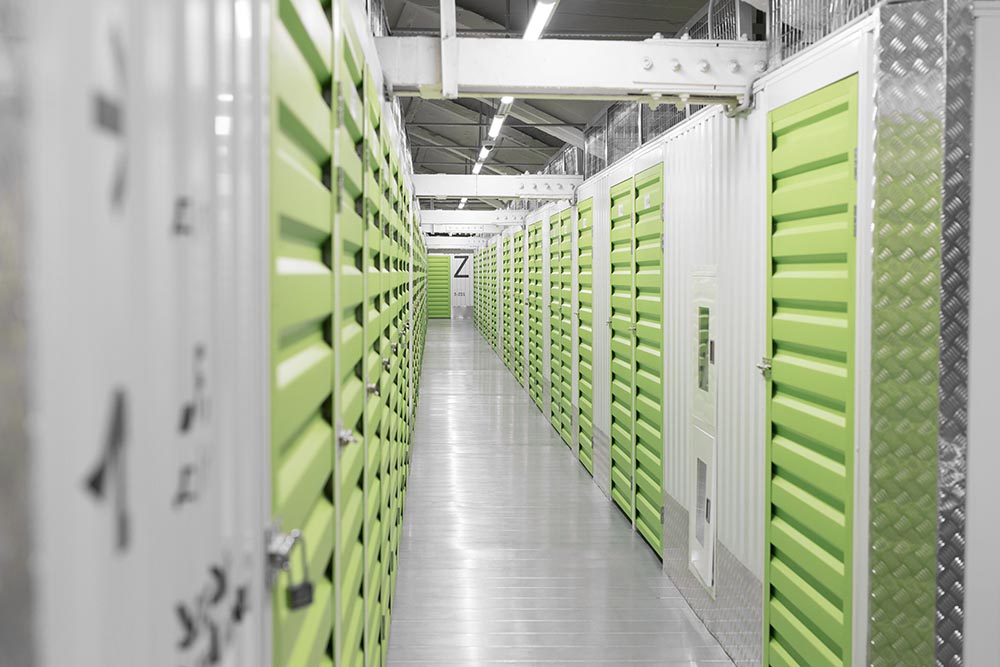
Conclusion
And that about sums everything up. While there are a number of things that you must avoid, typically speaking, you can put practically anything into self-storage. If you are careful and follow the rules when looking for storage rooms for rent, you will be fine.



